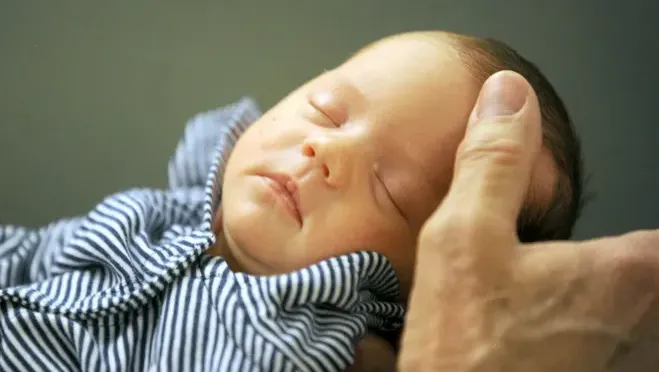When should you take a pregnancy test? Here's what experts recommend.

Taking a pregnancy test too early can produce a false negative result. And the prospect of a major life change like pregnancy is a time when you want to make sure you're getting the most accurate information.
So how do you know when it's too early to take a pregnancy test, and at what point can you get accurate results?
Dr. Karen Tang, author of "It's Not Hysteria: Everything You Need to Know About Your Reproductive Health (But Were Never Told)," explains what you need to know about the best times to take a pregnancy test – and signs to look out for that signify you could be pregnant in the first place.
How early can you take a pregnancy test?
The "most sensitive" drugstore tests can detect pregnancy as early as three or four weeks after your missing period date, Tang says. In those first few weeks, pregnancy hormones are on the rise every day. If you take a test early on that turns up negative but you still believe you may be pregnant, Johns Hopkins Medicine recommends testing again in a week. Getting a blood test done by a medical professional also may be helpful, as blood tests are able to detect pregnancy before urine tests and ultrasounds.
"You should take a test as soon as you are worried you might be pregnant – but most over-the-counter tests may not turn positive until around the time that you'd be due for or missing your period," she adds. "Pregnancy hormone (HCG) is most concentrated in the first morning urine, so that may have the best chance of showing a positive, but obviously take the test whenever in the day you're able to."
And FYI: Pregnancy is actually calculated from the first day of your last period, not the actual day of conception, Tang says.